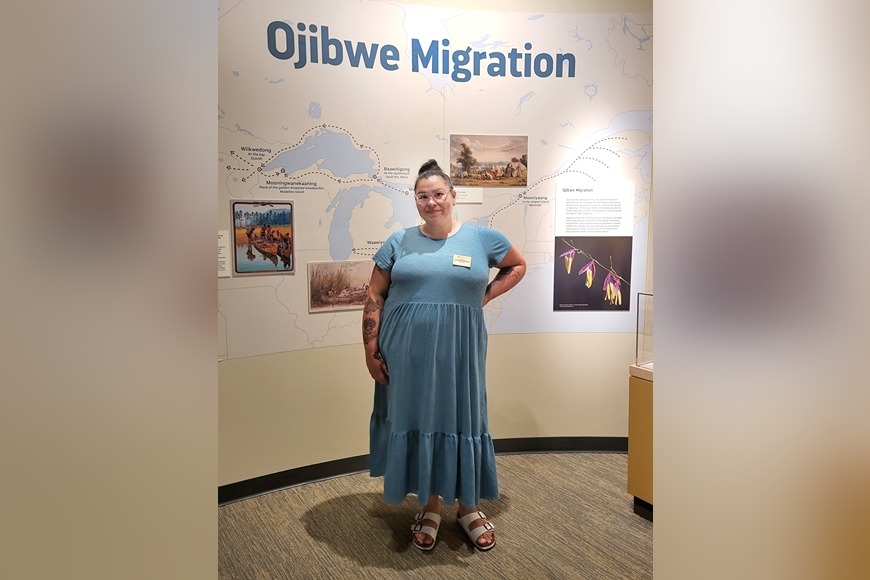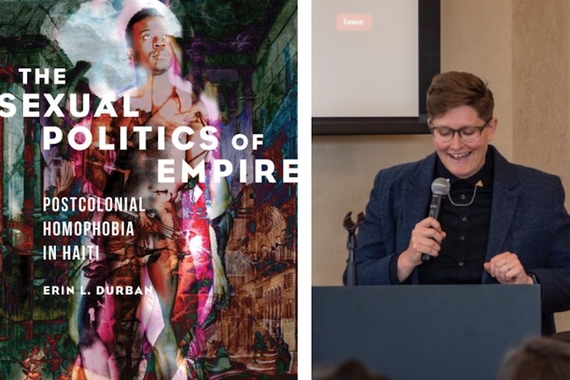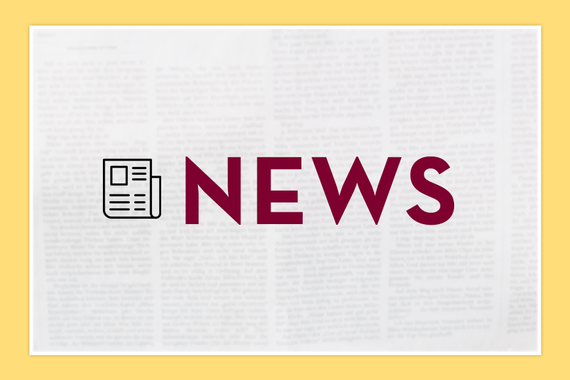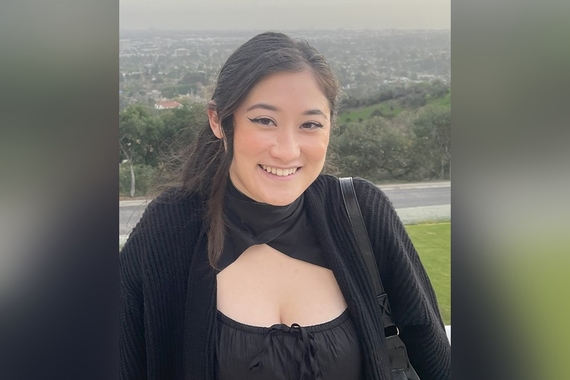Forging an Indigenous Narrative: Unearthing Minnesota's Copper Legacy
Graduate student Selena Bernier’s Beverly and Richard Fink Summer Fellowship helped her to identify the kind of research work she wishes to pursue as a PhD candidate. Being an Indigenous archaeologist, Bernier will include Indigenous perspectives in the narratives about Minnesota’s geology and mining history.
What do you call your project and how would you summarize it? How does it connect to your broader research interests?
My project is called “Summer Research and Making Connections.” This summer, I used my time to create a more narrowed scope of research questions that I hope to answer during my PhD career.
What I have come to realize is that the Lake Superior region is well known for some of the earliest metalworking communities in the world, particularly copper. The cultural terms that archaeologists use, such as “Old Copper Culture”, are ill-fitting to this unique, culturally modified material. There are gaps in the literature currently about mining sites, the people that mined copper, and the cultural significance of metals.
Currently, there is a huge impact of industrial mining to the northern Minnesota landscape, which threatens natural resources. An understanding of ancient Indigenous mining practices could provide insight on pollution and pollution control and how that compares to contemporary mining practices.
What's exciting about your project? What has this award allowed you to do?
This summer, with the award, I was able to dedicate time to reviewing literature on “Old Copper Culture” and the geological landscape that is unique to Minnesota. I was able to notice the gaps in the literature and find my niche and research direction.
What challenges have you faced? Have there been any notable surprises?
I learned something about myself that I did not give a second thought to in the past. I learned, through reviewing literature, that I have a particular interest in Minnesota paleo-ecology and geology. I am now on a path to learn a new scientific subject that will significantly contribute to my future research.
How is your project making a difference in the world?
Formal North American archaeology has historically excluded Indigenous voices. This has changed, is changing, and will change. As an Indigenous archaeologist, my goal is to Indigenize the ancient copper culture narrative of western Lake Superior.
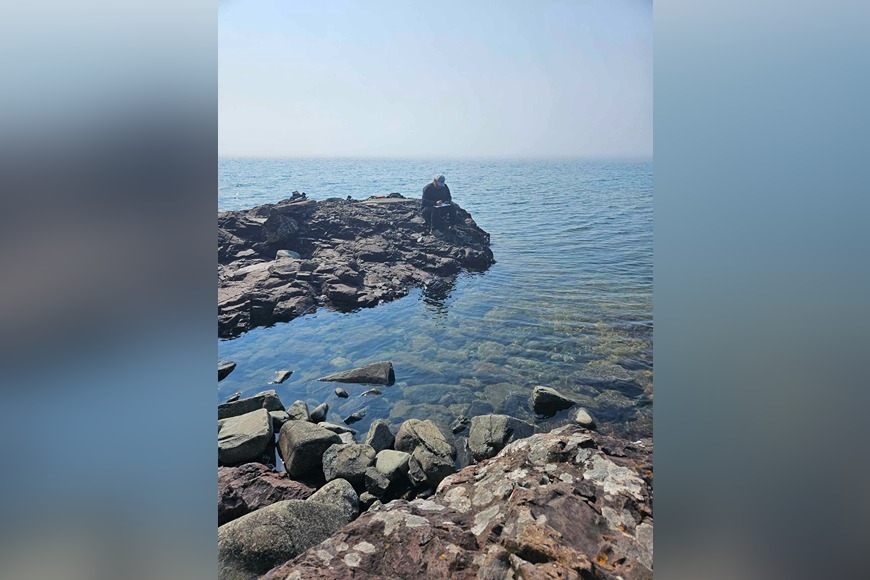
How has the award made a difference to your career?
Before this summer and the award, I was still trying to find my research path. I had a broad idea of what I wanted to research, and this summer I was able to narrow that idea down to something more specific. I was able to dedicate time to continue my research and eventually find my way, my direction. Moving forward, I will be embarking on a research journey, learning about geology, that will lead me to understand the great glacier-sculpted landscape that we call home.
What partnerships has this award helped you develop and nurture?
I was able to make connections with Tribal Historic Preservation Officers (THPOs) throughout Minnesota and Wisconsin. These connections will further enrich my relationships with tribal communities and the work that these THPOs are currently involved with, thus amplifying Indigenous voices and perspectives, beside my own, within my research.
I've also engaged with many others, including fellow archaeologists familiar with the “Old Copper Culture,” the Minnesota Historical Society, and the Wisconsin Historical Society. These relationships provide context for current archaeological knowledge regarding these early copper-working communities.
What's next?
I will continue to nurture relationships with tribal communities and regional institutions that hold knowledge about my research topic. I will be taking on a new learning experience, engaging in environmental sciences.
The Beverly and Richard Fink Graduate Fellowship
The generous support of CLA champions Beverly and Richard Fink provides outstanding fellows like Selena with these impactful opportunities.
This story was edited by an undergraduate student in CLA.
